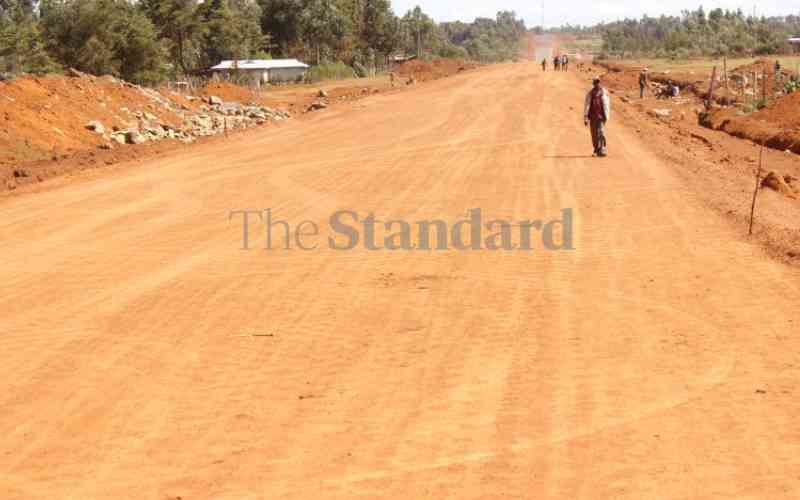×
The Standard e-Paper
Home To Bold Columnists

Landowners will be required to provide evidence that the land they are selling to the government during compulsory acquisition is profitable to qualify for compensation.
In addition, regulations dictating how the government pays when acquiring land for public use require landowners to produce tax returns filed before the Kenya Revenue Authority (KRA) as proof that the targeted property was making money.